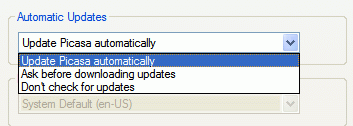Although the year is not yet at the end, Yahoo decided to share the
top searches of the year. The top 10 overall searches is slightly different than
last year's ranking and includes a lot of
talented young singers : Britney Spears, WWE, Shakira, Jessica Simpson, Paris Hilton, American Idol, Beyonce, Chris Brown, Pamela Anderson, Lindsey Lohan. This year wasn't very good for 50 Cent, Cartoon Network, Mariah Carey, Green Day, Eminem and Ciara, as they are no longer in the top 10.
The news of the year seems to be the depressing death of the "Crocodile Hunter". The conflicts from Iraq, Israel and Lebanon, Saddam Hussein trial and the infamous Danish cartoons are also in the top 10 news.
The most popular TV show is American Idol, followed by Lost and Days of Our Lives. But there is still hope as Family Guy, The Simpsons and South Park are on number 4, 7 and 10.
There is also
an interactive presentation that shows the top searches by month. Overall, people are increasingly interested in shiny stars, sensationalist news and a lot of other superficial things.
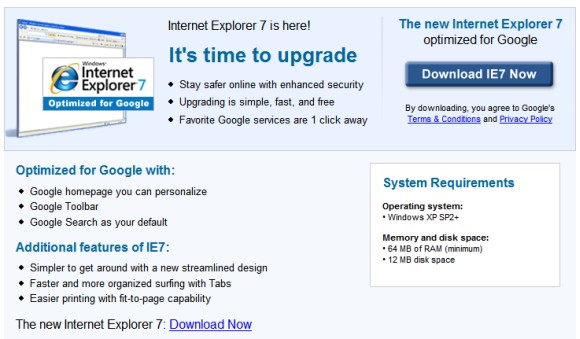

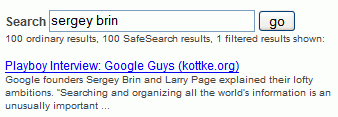



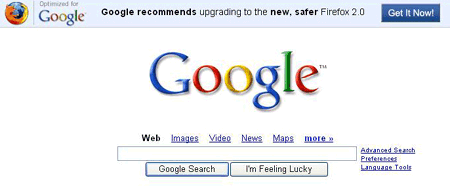








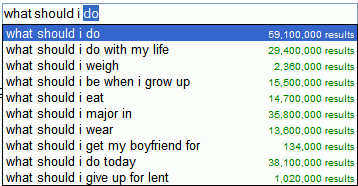

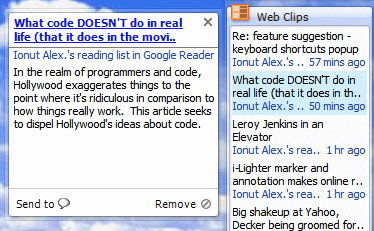
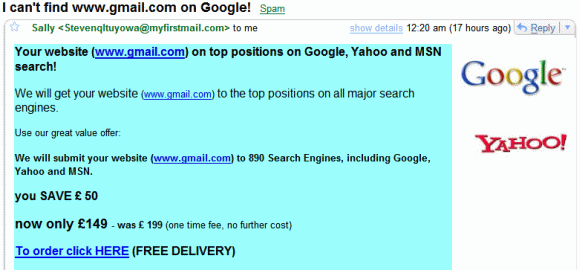

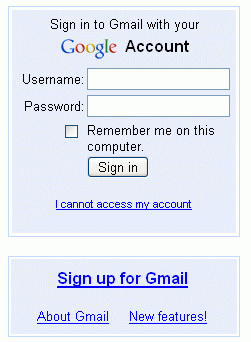

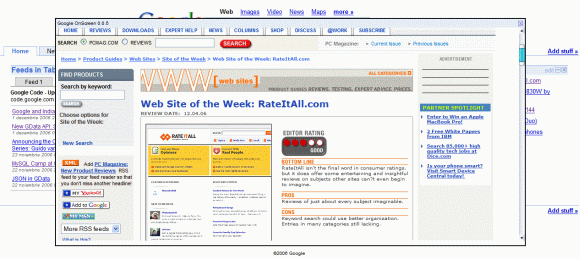
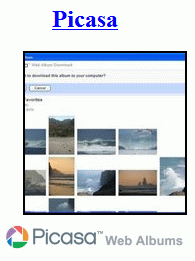 If you use
If you use 